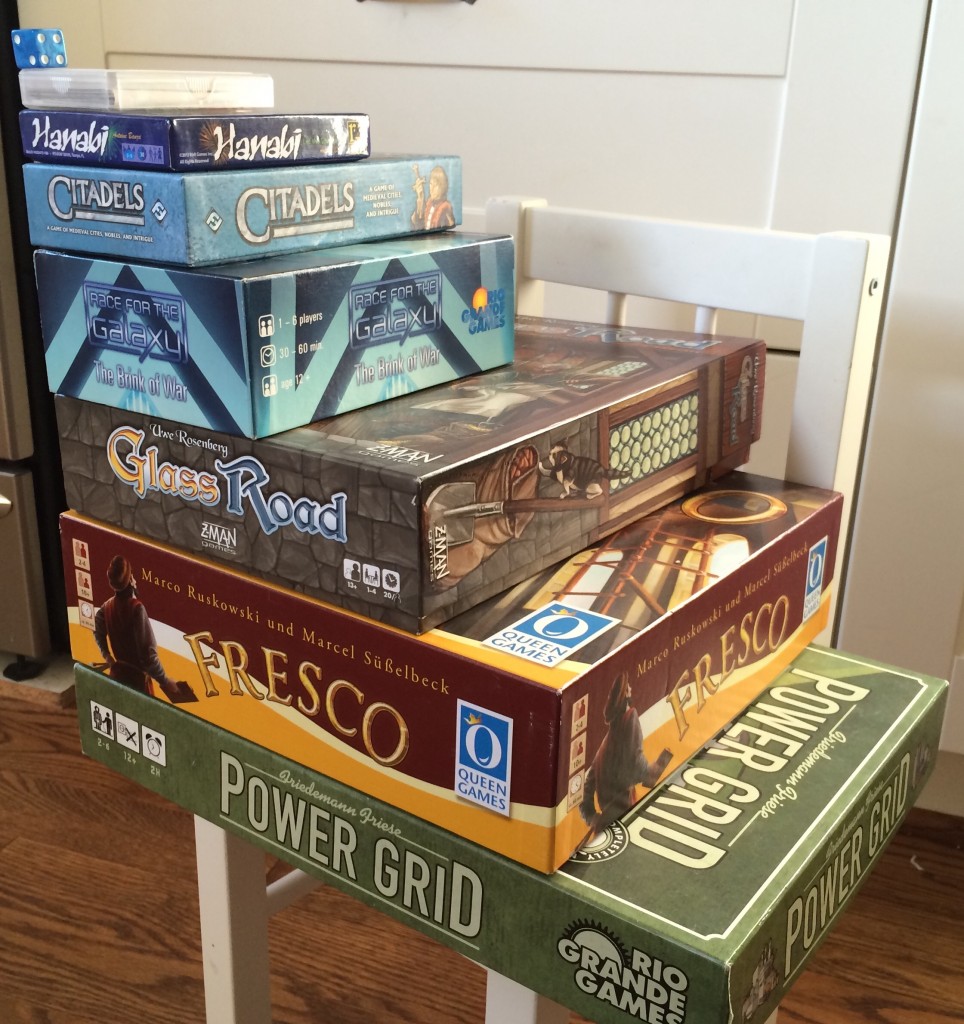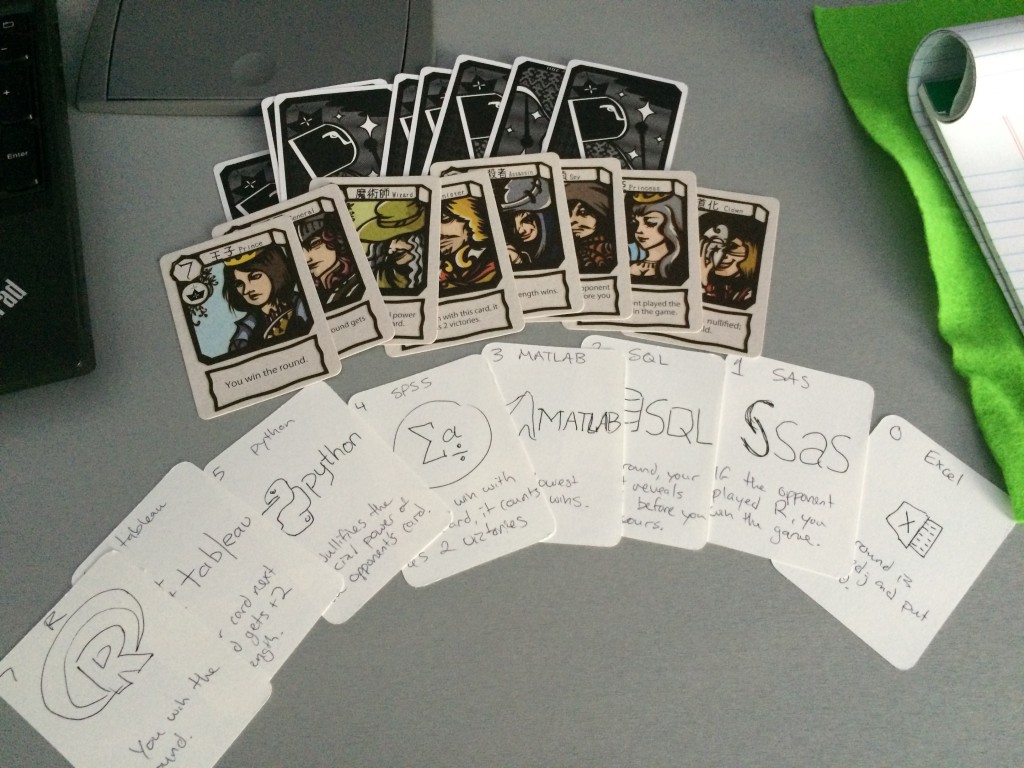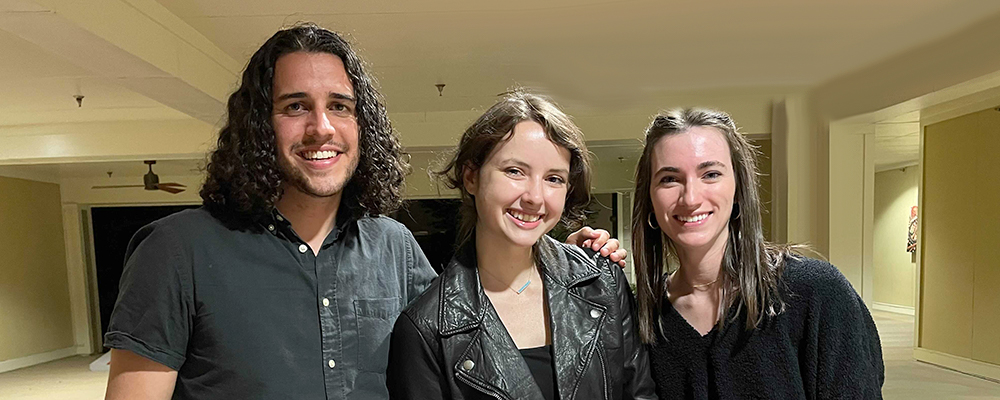What makes a strong analyst? We talk to many employers during information events. A pretty common question that gets asked is “What are you looking for in an new hire? What makes a successful analyst/data scientist in your organization/company/secret cabal?” A few of the characteristics that I’ve noted from the many answers we’ve been given to that question run a common thread.
- Creativity
- Problem solving
- Team work
- Communication
- Willingness and desire to learn
But how do I get those things? Can I buy a pill or cream or mind enhancing chip?
No silly.
If you want to develop those traits and skills most desired by employers in the field then playing board games is a wonderful way to do just that and have a great time too.
First let’s define the types of board games I am talking about. To really satisfy all the criteria for developing these skills and traits in the budding analyst, games should be
- less reliant on luck and random chance
- have multiple avenues toward victory
- should have meaningful decisions taken each and every turn.
Luckily the entire hobby board game market has exploded in the last 15 years with imports out of Europe and a domestic revitalization (Euro Revolution Popular Science) of the market so there are more games available than ever that satisfy our requirements.
Bonus: they are genuinely fun and cheaper than dinner and a movie for two at around $50.
Ok, Back to the characteristics we want to hone. Let’s take these a few at a time…
Creativity and Problem Solving
Seeing and thus solving problems from all angles especially new and novel ones is a hallmark of a great game player. Strategy boardgames present the player with problems that are ideally non trivial. Examples might be resource scarcity and economic engine development. (Power Grid, Agricola) or action optimization (Terra Mystica). They demand the successful player to combine game elements of disparate types in combinations that the designers never imagined (Android Netrunner). The most successful will see avenues to victory that only become apparent with study and creativity.
Teamwork and Communication
The games of our youths (ok mine at least) were fairly straightforward and almost always adversarial. Think Monopoly. One of the innovations popularized by the Eurogame revolution in design was the co-op or cooperative game (Forbidden Island, Hanabi, Pandemic). These games especially hone the teamwork approach as the players all play against the game–winning or losing as a team. Communication is key in these games. How do you communicate your strategy and how effective are you at listening and hearing what others have to say? Even games where there can be only one winner can develop the teamwork muscle as the very social nature of play comes to the fore. How do you deal with defeat and with competition? In the very best groups I’ve played with, everyone learns from the best players and goal is play and have fun rather than crushing your enemies. Communicating intent and conveying attitudes can be practiced in a safer space with the social lubricant of play. Encouraging working groups to do activities together for team building is common. What better activity than one that develops the traits you want in the individuals of the team itself?
Willingness to learn
The board game hobby is vast and worth exploring (Boardgamegeek). Every game is different with a new game play mechanic or strategy to learn and master. Themes ranging from historical to abstract stretch the mind to encompass new information. What better way to keep the desire for learning fresh than by recapturing and reinvigorating the spirit of the time in our lives when we are most receptive to learning and exploration?
Adults often derisively associate play with children or lack of maturity. I contend that play keeps us young in mind and spirit. The young are ready and eager to learn, they are creative, they speak their minds and ask questions constantly coming up with novel solutions, and they form teams and groups with ease.
Sounds like the perfect analyst to me.

Full disclosure. I love and play games with my friends and family. I’m active in trying to get people to play more by playing and teaching games. Moving to Raleigh 11 years ago, it was hard to meet people outside of the work environment. Playing games was my social outlet and I’ve met some wonderful people here through gaming.
Bonus suggestion: once you have a job in a new place find a game store with open gaming or a meetup group and get connected to the community. Last point: This isn’t a hard sell in our field, data geeks by and large already love to play. Ask around the office and you might be surprised at who already plays games.
See you across the table some time.

Columnist: Evan Miracle

